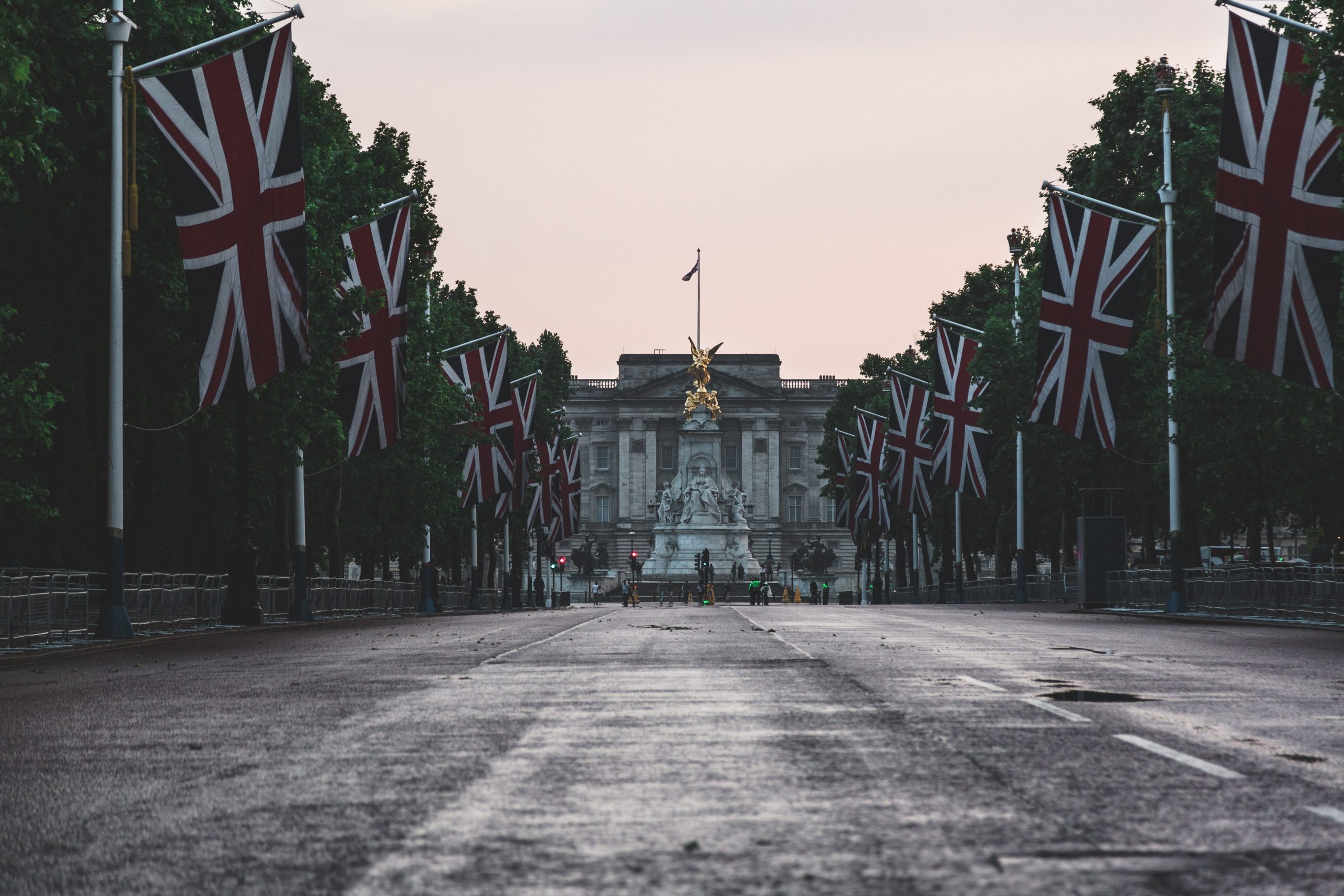Food shortages, tailbacks and congested ports as talks with Brussels remain unresolved three weeks before leaving the EU single market, the UK is preparing for a chaotic “no-deal”.
Companies are facing uncertainty as a post-Brexit deal looks ambiguous and various organisations have warned of severe crisis from January 1.
“While Britain’s businesses are hoping that a Brexit deal will be reached, companies across many sectors will face disruption,” said Darren Jones, chair of parliament’s Business, Energy and Industrial Strategy Committee, after meeting business representatives on Tuesday.
Businesses warned of “potential food shortages and price rises, and the threat of heaping significant costs onto our car industry, and also of concerns around financial services”, he said.
James Sibley, head of international affairs at the UK’s Federation of Small Businesses (FSB), told BBC that he expects “terrible disruption in January”.
The impacts of uncertainty is already being felt at seaports with logjams lasting several weeks now, leading to supply chains disruption.
Businesses across verticals are indulging in hoarding as a precautionary measure primarily to ramp up production to make up for this year’s lockdown effects.
Dover, a busy channel port which lies on the south coast of Britain, experienced heavy congestion with trucks stuck plying on the route.
Three situation may further deteriorate, fear many if the parties fail to reach a consensus at a last-ditch attempt possibly ending on Sunday.
British government has predicted that their could possibly be a tailback and as many as 7,000 lorries may hang fire at ports lasting 2 days.
It plans huge emergency parking for lorries apart from issuing special entry passes for Kent, the county where dover is located.
The Financial Times Thursday reported that a dedicated force of government officials named D20 (stands for December 2020) was studying all imaginable haywire situations.
This includes flooding of emergency parking due to heavy rains, as also power disruptions and fuel paucity.
UK’s transport secretary grant Shapps directed officials to reserve space on emergency ferries, reported FT. Adding that the contract is worth £77 million and may well run 6 months.
Britain would have to follow World Trade Organization’s rules, including tariffs & quotas, from January 1 if it fails to strike a deal before the deadline.
This would amount to custom duties & limits being levied on many goods, together with a pile of paperwork.
With every lorry that fails to adhere to rules, the cascading effect would be that customs would be burdened with long jams.
Production in the auto industry is scattered across Europe, and the sector is dependent on ‘just in time’ supplies, therefore resulting in harm to established production lines.
Japanese auto giant Honda is already facing component shortage and had to halt production in its Swindon facility in UK. More delays could mean creation of bottlenecks for the industry.
Honda expects production to start on Monday.
FSB’s Sibley conducted a survey which found that only 1/3rd of its members were ready for Brexit.
British consumers are now fearing a food shortage scenario.
“We have a resilient supply chain”, said a government spokesperson when asked if people should stock essentials.
He further added that D20 unit’s purpose was to prepare for future scenarios as well as to resolve other issues that the country might face in winters.
The Confederation of British Industry, representing business leaders, wants a grace period for changes to rules of origin and product labelling and the introduction of new border checks.







